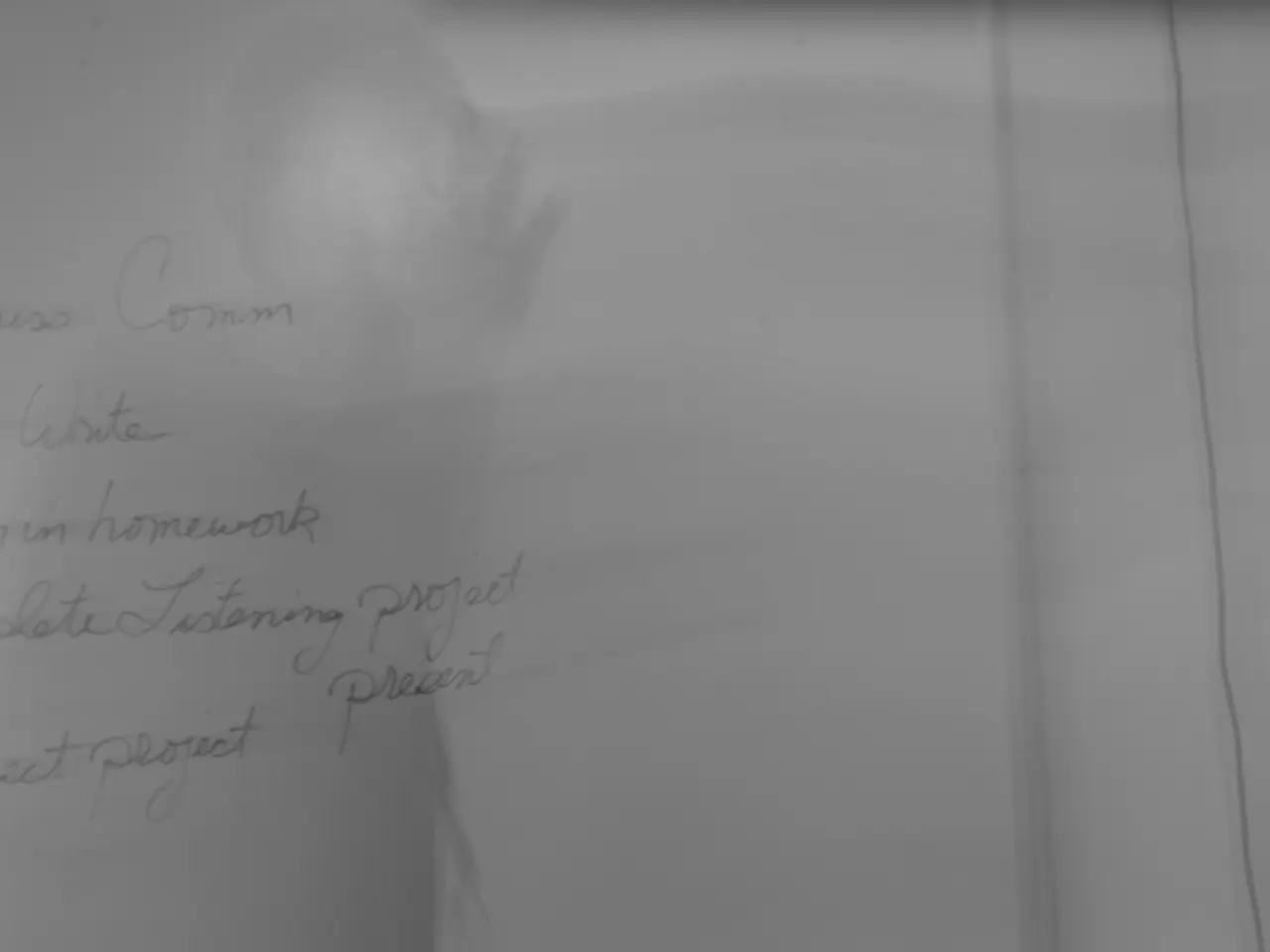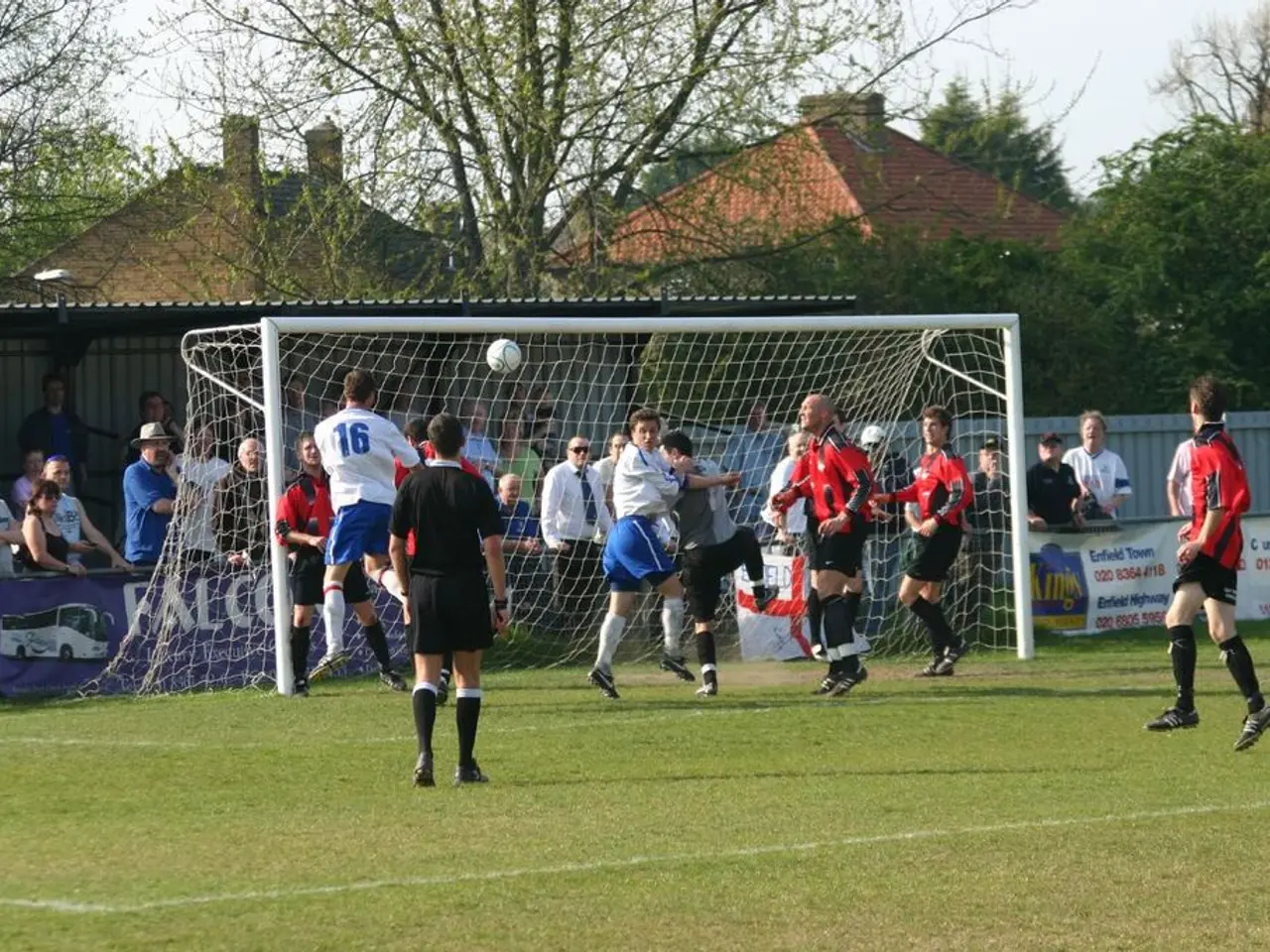Ruffling Feathers: SPD's Nudging the Minimum Wage Limit
Written by Rolf-Herbert Peters
SPD's Perplexing Minimum Wage Strategy: Unraveling the Mystery - SPD's perplexing approach to minimum wage: reasons unclear
The SPD has stumbled upon a controversial topic: minimum wage. Whenever their leader, Lars Klingbeil, utters these two magic words, it sets the coalition partner, aka the German heart, into a frenzy. As early as April, long before the election, Klingbeil declared that the federal minimum wage would increase from 12.82 euros to 15 euros by 2026. This caused the CDU to tremble with atrial fibrillation, with their leader, Friedrich Merz, responding instantly that the minimum wage is determined by the state's minimum wage commission – that's the law.
But why do the SPD comrades stir the pot with their brash decision-making? Why are they considering defying the independent minimum wage commission, currently in the final stages of negotiations, and backing it up with a Bundestag resolution if it doesn't reach 15 euros? After all, they've already circumvented the commission once before in 2022 under Scholz's chancellorship, pushing the minimum wage up by law from 10.45 euros to 12 euros.
Looking for a Fresh Identity: SPD's Search for Meaning
Perhaps it's their quest for a new raison d'être. The SPD's popularity is on the decline, with polls showing stagnation or even drops in support while the CDU gains ground. The SPD yearns to reconnect with its roots and reap some brownie points among workers, especially the roughly six million low-wage earners who allegedly have a tough time feeding their families. They pull no punches with their empathy speeches, as though there weren't even state welfare payments to help out.
However, the SPD makes two mistakes in this regard. On the one hand, it's the workers themselves, as defined by research firms like Infratest dimap (mostly manual laborers), who are abandoning the SPD by the scores. In 2013, only six percent of this demographic voted for the AfD, which jumped to 38 percent in February. The SPD plummeted from 27 percent to 12 percent among this segment in the interim, leading to its worst federal election result ever.
The Actual Minimum Wage Surpasses the Statutory Limits
On the other hand, the statutory minimum wage has little bearing on the majority of today's industrial, craft, or service sector workers. In fact, for many employees, their lowest hourly wage is already well beyond the legal minimum due to traditional collective bargaining agreements negotiated between employers and employees. For example, temporary workers earn 14 euros, painters and varnishers earn 15 euros, roofers earn 16 euros, building cleaners earn 17.65 euros, and care workers earn 19.50 euros.
The statutory minimum wage primarily impacts employees in companies without collective bargaining agreements, often found in smaller businesses that don't form a particularly SPD-friendly environment like industrial workers did in the past. These businesses can be found in every industry. Some occupational groups are disproportionately affected, such as kitchen helpers, forest workers, harvest workers, hairdressers, cleaning staff, building cleaners, security personnel, couriers, call center employees, and students working during holidays. The minimum wage is most common in East Germany, where the SPD struggles.
Fair Bargaining for the Vulnerable: The Role of Minimum Wage Commission
For low-income earners, the deliberations of the Minimum Wage Commission serve as a surrogate for their own collective bargaining. It's beneficial for them if the commission carefully determines the height of the minimum wage to ensure fairness for both employees and employers, thereby securing an equitable economy in the low-wage sector.
Raising it to 15 euros would disproportionately benefit Finance Minister Klingbeil, as the higher minimum wage would offset social benefits, reducing the state's financial burden, while the employed would barely see a difference in their income, and some small businesses might be forced to shutter. For this reason alone, the SPD should avoid another power play with the Minimum Wage Commission to enforce a campaign promise they believe the commission can't meet (a 17% increase in the minimum wage!).
It's Time to Embrace the Silver Wave
Instead of stirring up the coalition any further, the SPD should exercise caution and consider seeking new voters among an old demographic – the elderly. The SPD is already evolving from a worker's party to a pensioner's party, with a remarkable 45 percent of voters over 60 years old at the last federal election. The elderly present a solid demographic with growth potential – by 2035, their numbers are projected to rise from the current 16.4 million to at least 20 million.
So, dear Social Democrats, it's time to listen to the signals!
- Minimum Wage
- SPD
- Minimum Wage Commission
- Lars Klingbeil
- CDU
- Employers
- Television
- Boss
- Coalition Agreement
- Olaf Scholz
Insight 1:The SPD's action to potentially override the Minimum Wage Commission with a Bundestag resolution is part of a broader strategy within coalition politics, allowing the SPD to exert more direct influence on minimum wage decisions to support workers' interests.
Insight 2:The SPD's quest for a new raison d'être stems from their lagging political power and the changing demographics of their constituents, offering opportunities for new political strategies and growth among demographics like the elderly.
The SPD's endeavor to bypass the Minimum Wage Commission could be a deliberate move to bolster its influence within the coalition, advocating for workers and the less favored regions, as part of either policy-and-legislation or general-news discussions in politics.
In their pursuit of new political identity and constituency, the SPD might overlook the potential issues that such tactics could stir among employers and could result in wider consequences affecting the entire economy, particularly the less favored regions.








